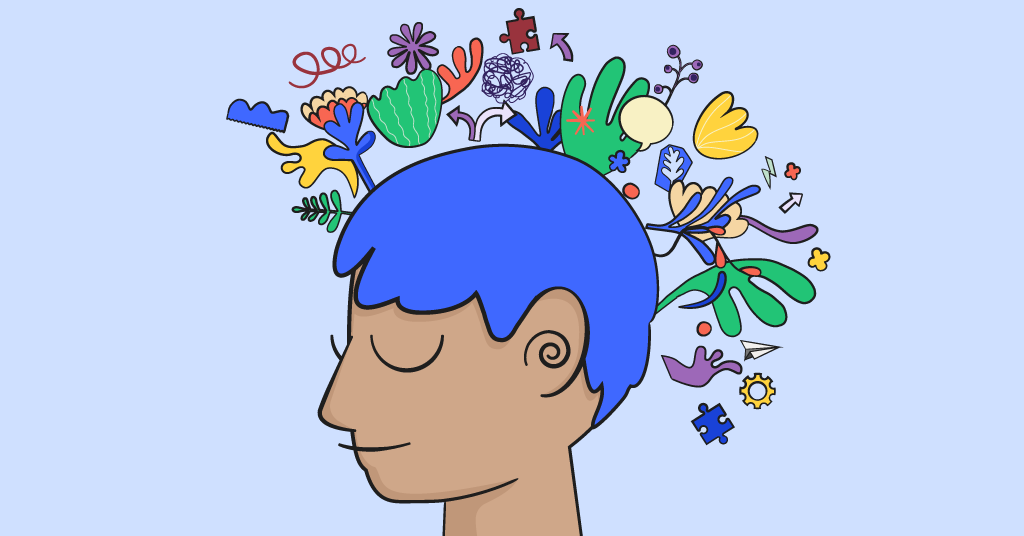
Content warning: This article discusses eating disorders and contains language that may be triggering to some readers.
As a parent, you see your child as perfect just the way they are. That’s why it can be so heartbreaking to see them struggle with body image issues and negative self-talk. Today’s teens aren’t just exposed to photoshopped images in magazines but are constantly bombarded with unrealistic social media posts and unattainable ideals each time they open their phones. Although conversations about the impact of social media on body image often focus on girls, boys are also at risk of developing these issues, with a worrying rise in eating disorders in boys.
Despite the difficulty in controlling your child's exposure to unrealistic content, creating an open and supportive environment where boys can discuss their concerns is key to preventing and addressing eating disorders in boys. Learn more about the pressure boys today are under, how to talk to your child, and how to encourage healthy habits below.
The Pressure to Look Perfect
One of the main contributors to the rise in eating disorders in boys is the pressure to look perfect. This pressure comes from various sources, including social media, advertising, and peers. Boys are constantly bombarded with images of perfectly toned and muscular men, which can create unrealistic expectations and feelings of inadequacy.
In many cases, boys feel like they need to have a six-pack or be perfectly ripped to fit in or be attractive to others. This pressure can be especially tough during their teen years when boys are already dealing with plenty of changes and trying to figure out who they are.
The Dangers of Eating Disorders
Eating disorders aren’t “just a phase” and can have serious and long-lasting effects on a person's health and well-being. They can lead to malnutrition, dehydration, and even organ failure in severe cases. In addition to physical health problems, eating disorders can also impact a person's mental health, leading to depression, anxiety, and other issues.
Eating disorders can be particularly dangerous in young boys and teens, as their bodies are still developing and need proper nutrition to grow and thrive. If left untreated, eating disorders can affect their future health and well-being.
How to Talk to Your Teens About Body Image Issues
While it may be uncomfortable at first, it's important to talk to your teens about body image issues and social media's impact on their self-esteem. Here are some tips for your next conversation:
- Start the conversation: Initiate an open and honest conversation about body image issues with your teens, and make sure they feel safe to discuss their concerns without judgment.
- Encourage healthy habits: Emphasize the importance of healthy habits, such as regular exercise and a balanced diet, and avoid focusing on weight or body shape.
- Highlight diverse beauty standards: Promote diverse beauty standards and challenge unrealistic depictions of men and women in mass media, social media, and advertising.
- Be a positive role model: Model positive self-talk and a healthy relationship with your body to your teens, and avoid making negative comments about your own body or appearance.
- Seek professional help: If your teen struggles with body image issues or eating disorders, seek professional help and support from a therapist or healthcare provider.
It's important to remember that you are your teen's role model. If you constantly talk negatively about your weight or appearance, your teens are likely to pick up on these messages and feel like they should be critical of their appearance too. Try to model healthy habits and a positive relationship with your own body, from what you eat to how you work out and talk to yourself.
Ultimately, it's up to all of us to work towards creating a more positive and accepting culture around body image. By having open conversations with our teens and being mindful of the messages we send, we can help our young men feel confident and empowered in their own skin.
How Bark Can Help
Bark monitors online activities for signs of disordered eating — and other issues — in texts, emails, and app activity. If something concerning is found, we send parents an alert so you can check in and make sure everything is okay. Sign up for a free trial today.
Read more
Bark helps families manage and protect their children’s digital lives.





